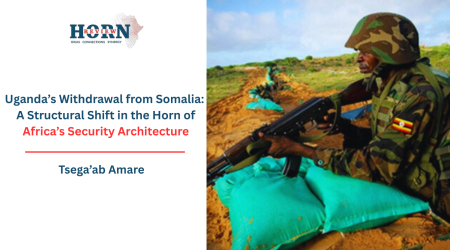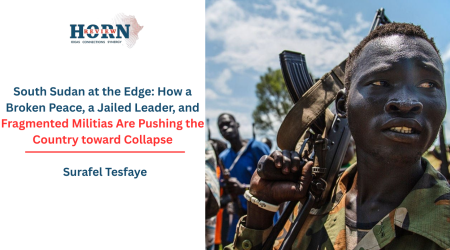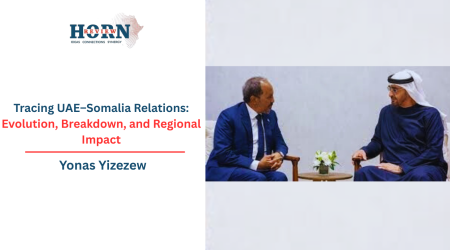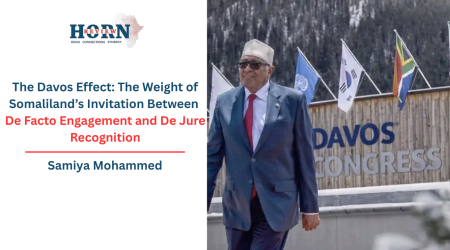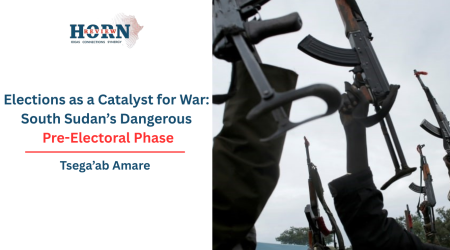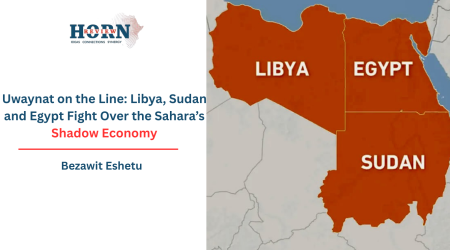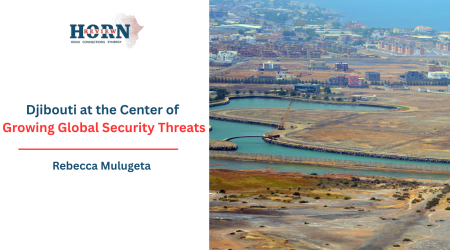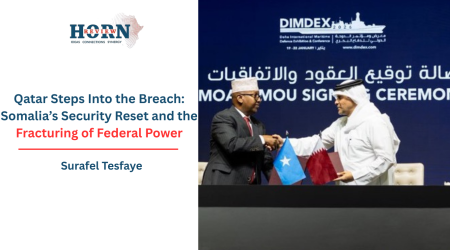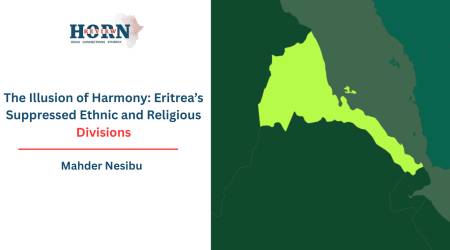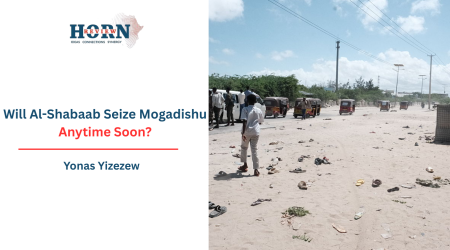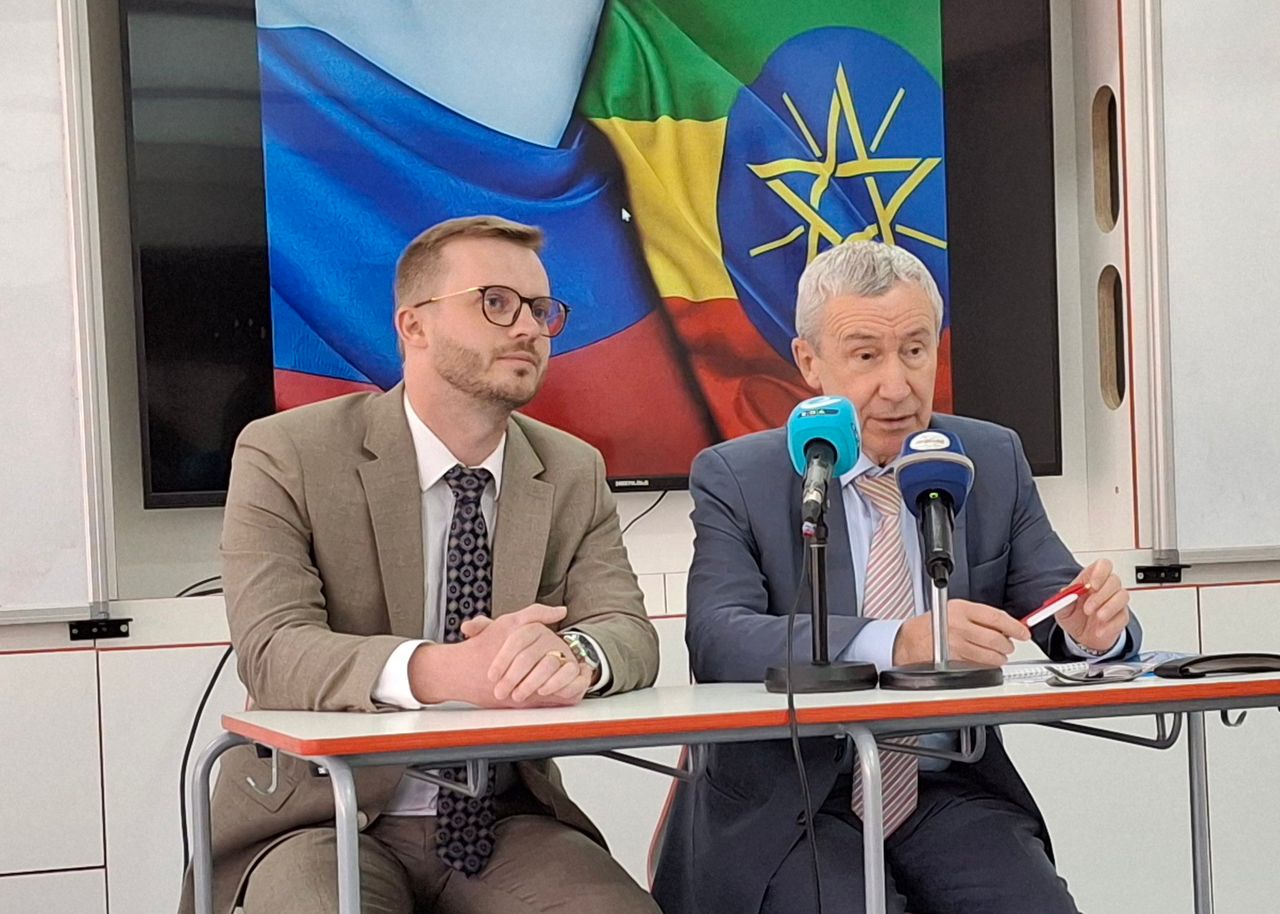
6
Feb
Russia’s Role in the Horn of Africa: Strategic Engagement and Future Prospects
The Horn of Africa, comprising countries such as Ethiopia, Eritrea, and Sudan, has long been strategically significant due to its resources, proximity to vital global shipping lanes, and complex political dynamics. In recent years, Russia has reasserted its regional influence, leveraging diplomatic, military, and economic channels to deepen its relationships with these countries. Russia’s evolving engagement raises important questions about its strategic objectives in the Horn and how it navigates competition from other global powers, such as the United States, China, and European nations.
Diplomatic Focus on Peaceful Coexistence
Russia’s involvement in the Horn of Africa is known for its commitment to promoting peaceful coexistence between nations with differing political systems. This diplomatic approach centered around mediation rather than intervention, places Russia as a neutral actor in a region marked by territorial disputes and internal conflicts. Russia’s preference for diplomatic engagement over military intervention contrasts with the policies of other powers and allows it to act as a facilitator for dialogue, in the event both parties express interest in its mediation.
In a region where political rivalries often complicate peace efforts, Russia’s emphasis on multilateral solutions and national sovereignty offers a stabilizing alternative. By focusing on dialogue and cooperation, Russia hopes to play a key role in resolving regional issues, particularly those related to territorial integrity and state sovereignty, which have long been points of contention in the Horn of Africa.
Tailored Engagement in Ethiopia, Eritrea, and Sudan
Russia’s engagement in the Horn of Africa must be understood in the context of each country’s distinct political and security environment. Ethiopia, the largest and most populous country in the region, remains a key part of Russia’s strategy. Russia’s relationship with Ethiopia has evolved significantly. Russia has positioned itself as a potential peace partner, offering military support and diplomatic assistance. Ethiopia’s importance is not only due to its size and strategic location but also because of its historical ties to Russia, which have been strengthened through military cooperation and economic agreements.
Eritrea is equally vital due to its strategic location along the Red Sea. Over time, Russia has cultivated closer ties with Eritrea, seeking to expand military cooperation and influence regional security matters. Russia’s interest in Eritrea is further emphasized by the country’s importance in broader Middle Eastern conflicts, where it serves as a key player in regional power dynamics.
Sudan, with its rich natural resources and significant location at the center of sub-Saharan Africa and the Middle East, represents a growing area of focus for Russia. The establishment of a naval base in Sudan’s Red Sea port marks a significant step in Russia’s military strategy in the region. Additionally, Russia has shown support for Sudan’s transitional government, indicating its broader aim of promoting stability in a country undergoing significant political change.
The Impact of Competing Global Interests
Russia’s re-engagement in the Horn of Africa occurs within a crowded and competitive geopolitical landscape. Global powers like the U.S., China, and European nations have historic interests in the region, ranging from economic investments to military deployments. Russia recognizes that its ability to influence the region is constrained by the presence of these actors, and it must navigate these competing priorities carefully.
While Russia may not have the same economic strength as China or the U.S., it benefits from its flexibility and its ability to engage with governments without the historical baggage of colonialism. This allows Russia to approach partnerships pragmatically, offering solutions based on realpolitik rather than ideological alignments. Furthermore, Russia’s military expertise and strategic alliances in the region enable it to carve out a meaningful presence, even in the face of competition from other powers.
The Path Forward: Navigating Regional Challenges
Looking ahead, Russia’s future role in the Horn of Africa will largely depend on its ability to adapt to the evolving political and security landscape. The region’s complex mix of conflicts, governance issues, and shifting alliances presents opportunities and challenges for Russia. Its ability to maintain stable, mutually beneficial relationships with Ethiopia, Eritrea, and Sudan will be key to securing its position in the region.
Russia’s growing influence in the Horn is further supported by its military and economic engagement with these countries. Russia continues to focus on supporting national sovereignty and political stability, and its strategic footprint in the region is likely to expand. However, Russia will need to remain responsive to the changing realities on the ground, balancing its interests with the demands and aspirations of local governments.
While Russia’s involvement in the Horn of Africa is marked by opportunities for influence, it also faces challenges from competing international powers and the region’s inherent complexities. By continuing to emphasize diplomatic mediation, military cooperation, and pragmatic partnerships, Russia aims to position itself as a key player in this strategically vital region.
By Horn Review Editorial

